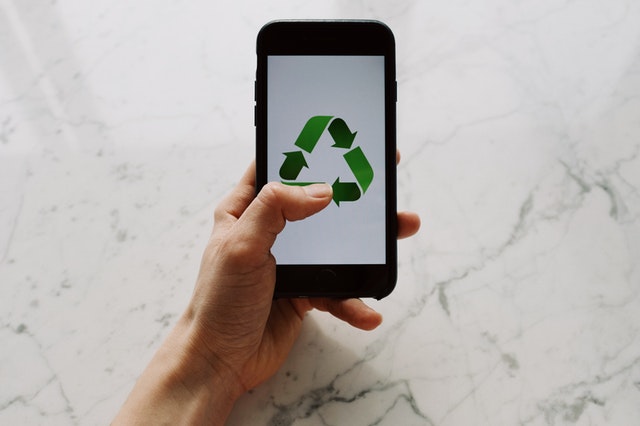
Modern enterprises increasingly focus on improving the sustainability of their operations for two key reasons. First and foremost, responsible industries consider how their business impacts the environment, society, and the world around them. However, sustainability is much more than an ethical prerogative. Improving sustainability in infrastructure and operations is also an effective means of improving efficiency and putting your business on the path towards steady, long-term growth. MCA Connect, a manufacturing ERP, offers a suite of technology-driven solutions to make your company operate more efficiently and sustainably.
Improving Sustainability: a Win-Win for Profits and the Planet
Sustainability and efficiency initiatives often go hand-in-hand. Integrating systems that use less energy and producing less waste, for example, is an effective means of saving money and reducing environmental impacts. Companies are able to improve the sustainability of their internal operations with technological solutions that also increase the efficiency of their operations. In this regard, integrating technology designed for this purpose creates a win-win scenario for businesses and society at large.
Just about any operation can improve its efficiency by adopting key sustainability initiatives. Often, these solutions are so simple and easy that there’s hardly any reason for enterprises to not adopt them. This is particularly true with respect to technological solutions that reduce resource consumption and engage customers who care about sustainability.
Technological Tools for Improving Efficiency and Sustainability
Energy efficiency is a key illustration of the efficiency-sustainability connection. Replacing just five traditional incandescent light bulbs with more energy-efficient models saves an average of $75 per year. Setting air conditioning or heating to turn on just one or two degrees closer to median outdoor temperatures can save stores and offices thousands of dollars per year. At the same time, these simple fixes for improving energy efficiency help reduce an enterprise’s carbon footprint and air pollution impacts.
Of course, the potential benefits of integrating technologies that improve sustainability go far beyond saving money on energy bills. Software solutions that improve the efficiency of procurement, such as Enterprise Resource Planning (ERP) platforms, and facilities maintenance software that ensure building and equipment productivity, can improve the quality and sustainability of a company’s operations. Likewise, Customer Resource Management (CRM) solutions can improve employee productivity and help your enterprise prove its relevance to a customer base that is growing more and more concerned with the environmental impacts of their buying choices every day.
ERP Solutions That Improve Sustainability and Save Money
MCA Connect has seen several of its clients benefit financially from improving environmental sustainability. Companies that effectively integrate ERP technologies often see meaningful gains in inventory management efficiency through reduced warehousing, transportation, and handling costs. Integrating an ERP system can reduce inventory costs by 20 percent overall, which can translate to millions of dollars in savings when applied at scale. At the same time, enterprises that integrate these types of solutions can improve their reputation and customer engagement in competitive industries.
Building Sustainability into CRM Helps Companies Stay Relevant
Consumers in the information age are increasingly aware of where their products and services originate. Sustainably harvested foods, products made from recycled materials, and goods manufactured under fair and conflict-free labor conditions are becoming more important to a customer base that grows more environmentally and socially-aware year over year. Customers are actively seeking out brands that boast better sustainability and ignoring competitors that they do not perceive as responsible. In this regard, integrating sustainability prerogatives into CRM is an effective way for companies to compete in a constantly-changing marketplace.
Technological advances are impacting every industry, and companies that fail to adapt run the risk of being left behind. MCA Connect helps clients make sure they are able to integrate the technological solutions they need to keep their bottom line strong and their environmental impacts low.



